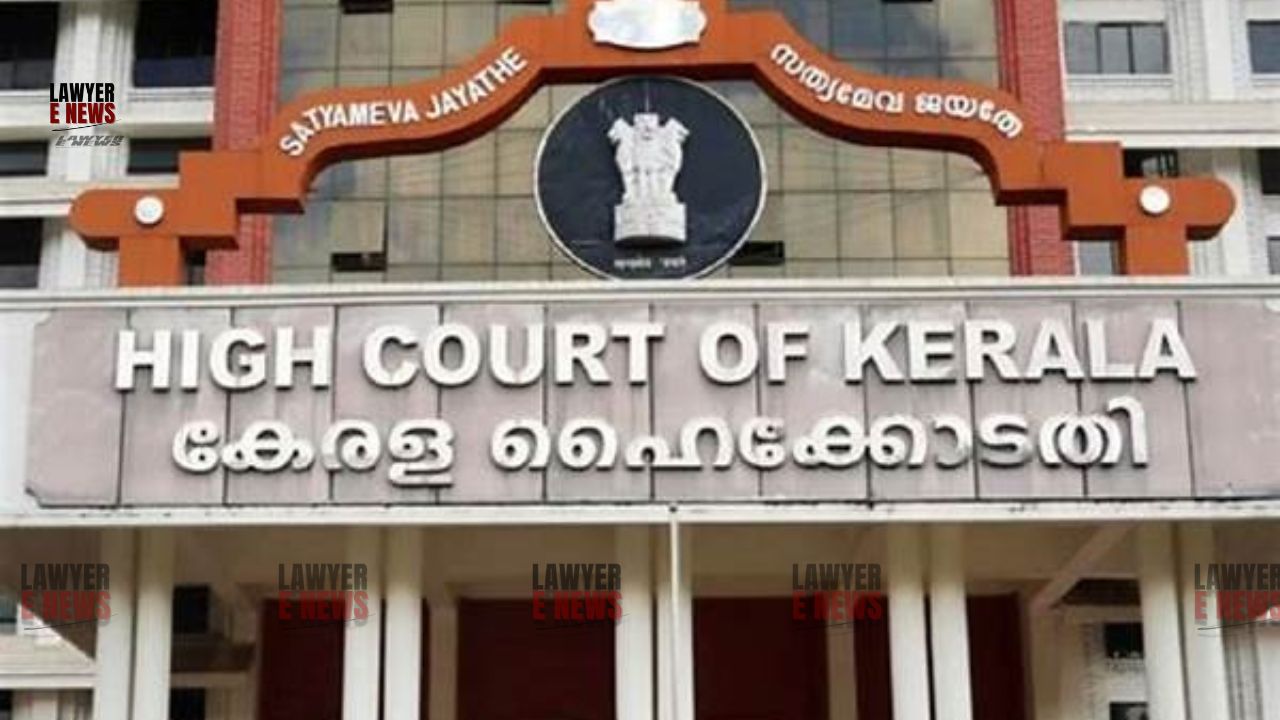-
by Admin
16 February 2026 1:47 PM



Kerala High Court granted bail to Mohasin Ali Mylivalappil, the first accused in a narcotics case registered under the NDPS Act, citing procedural lapses and undue delay in trial. The court noted that there was a prima facie violation of Section 50 of the NDPS Act, which governs the manner in which searches must be conducted, and held that continued incarceration without trial would be unjust.
While the prosecution opposed bail on the ground that the accused was caught with 75.68 grams of MDMA, a commercial quantity, the High Court ruled that the failure to comply with legal safeguards under the NDPS Act undermined the prosecution’s case. The court observed, “Bail is the rule and jail is the exception. The fundamental principle of criminal jurisprudence must be upheld even in cases involving stringent laws like the NDPS Act.”
The case stemmed from an operation conducted by the Vanchiyoor Police, who claimed that the accused was part of a drug trafficking network. According to the prosecution, on November 25, 2023, at 2:50 AM, the accused had allegedly collected a commercial quantity of MDMA from New Delhi and transported it to Thiruvananthapuram Railway Station. Upon his arrival, the second and third accused reportedly picked him up in an autorickshaw, and as they reached Kunnumpuram Junction, they were intercepted by the police, who seized the contraband and made arrests.
The trial court had earlier denied bail, citing the stringent conditions imposed under Section 37 of the NDPS Act. However, the High Court took a different approach, emphasizing that the right to a fair trial and procedural safeguards cannot be ignored, even in cases involving commercial quantities of drugs.
The High Court's ruling revolved around three key aspects: procedural violations, prolonged incarceration, and the fundamental right to bail.
The court placed strong reliance on the prima facie violation of Section 50 of the NDPS Act, which mandates that searches must be conducted in the presence of a magistrate or gazetted officer to ensure fairness. Referring to the trial court’s own observations, the High Court noted, “The court already found that there is prima facie violation of Section 50 of the NDPS Act and there is reasonable ground for believing that the accused is not guilty of the alleged offence.”
On the issue of delayed trial, the court found that the Additional Sessions Court, Thiruvananthapuram, had submitted a report stating that its case schedule was full until June 19, 2025, and that the trial in this matter would take at least six more months thereafter. Expressing concern over the prolonged detention of the accused, the High Court cited the Supreme Court's judgment in Ankur Chaudhary v. State of Madhya Pradesh [2024 Live Law (SC) 416], stating, “There is no chance to conclude the trial in the near future. As per the precedent laid down by the Apex Court, the rigour under Section 37 of the NDPS Act can be relaxed in certain circumstances.”
The prosecution also opposed the bail application, arguing that the accused had a previous criminal record under the NDPS Act, with another case registered in New Delhi in 2020. The High Court, however, clarified that mere past criminal antecedents could not automatically disqualify a person from bail, especially when procedural safeguards had been violated. The court referred to the Supreme Court's ruling in Sudheer v. State of Kerala (2012 (1) KLT 542), which held that while an accused’s past record is relevant, it cannot override procedural lapses in the case at hand.
Emphasizing the fundamental right to a fair trial, the court cited P. Chidambaram v. Directorate of Enforcement [2019 (16) SCALE 870], reiterating, “The grant of bail is the rule, and refusal is the exception, so as to ensure that the accused has the opportunity of securing a fair trial.”
The High Court, while granting bail, acknowledged the seriousness of the charges but held that the law requires a balance between crime control and individual rights. The court stated, “Even in cases involving stringent laws, once a case is made out for bail, the court cannot decline to grant it.”
In allowing the bail application, the court imposed strict conditions to ensure that the accused does not misuse the relief granted.
The court also made it clear that if any of these conditions were violated, the bail would be canceled. It noted, “If the courts start denying bail in deserving cases, it will be a violation of the rights guaranteed under Article 21 of the Constitution.”
The Kerala High Court’s ruling reaffirms the constitutional principle that no individual should be denied liberty without due process. While courts must be cautious in granting bail in NDPS cases, the judgment makes it clear that procedural lapses, coupled with undue delay in trial, can justify bail even in cases involving commercial quantities of drugs. The ruling stands as an important precedent, reinforcing that criminal jurisprudence cannot be sacrificed in the name of strict law enforcement.
Date of decision: 24/02/2025
